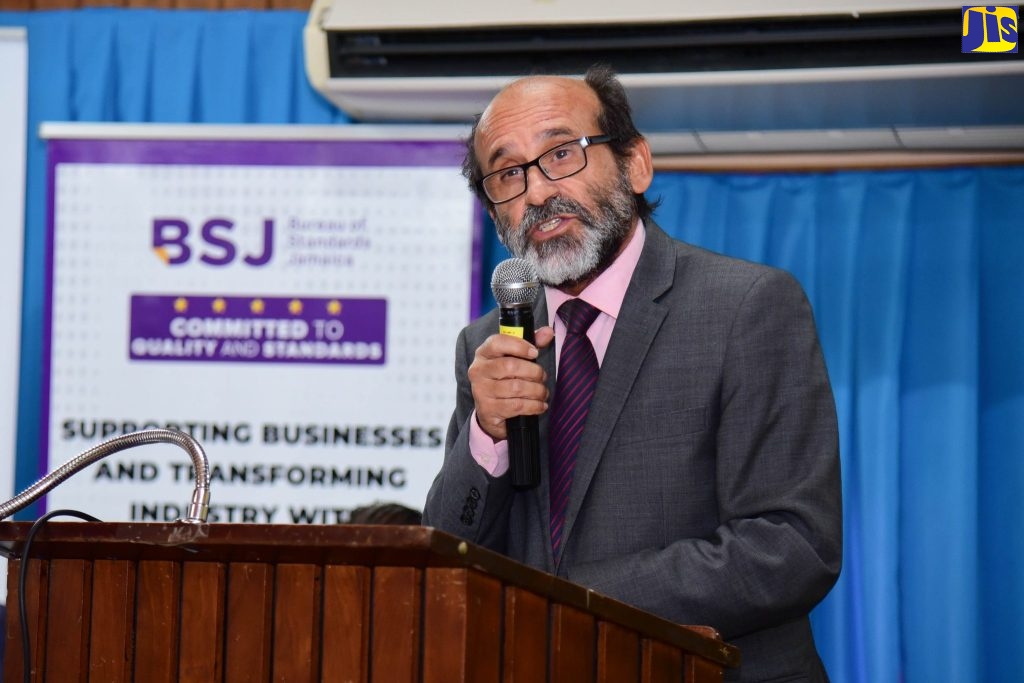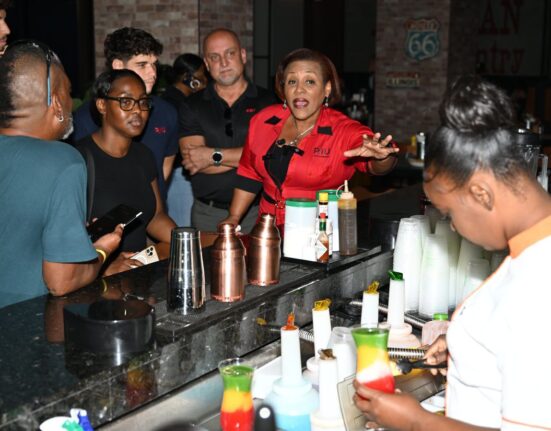
Hot pepper farmers are to receive training and technical assistance in sustainable production and post-harvest practices to consistently meet demands in both quality and quantity.
This training and technical assistance will address the lack of resources and information needed to adopt best practices to enhance the quality and safety of products – a challenge currently faced by many farmers.
It will also strengthen the bargaining power of hot pepper producers and exporters, says Food and Agriculture Organization (FAO) of the United Nations Representative to Jamaica, Dr Crispim Moreira.
He was speaking at the launch of the ‘Improving Phytosanitary, Food Safety and Market Access Opportunities along the Hot Pepper Value Chain in Jamaica’ project, held at the offices of the Bureau of Standards Jamaica, recently.
Moreira acknowledged that “Jamaica is a significant producer of hot peppers, which is an important source of livelihood for many small-scale farmers”.
However, given the many risk factors, including soil-borne pathogens and improper handling and storage that can compromise food safety, the FAO is committed to invest heavily in the technical and resource capacity of local research and regulatory bodies.
“By focusing on research, we are eliminating constraints from the input stage through the availability of clean planting material and technologies to reduce the spread of pests and diseases,” Moreira explained.
This has resulted in the Standards and Trade Development Facility of the World Trade Organization (WTO), the FAO, the Ministry of Agriculture and Fisheries, and the Ministry of Industry, Investment and Commerce leveraging their expertise and resources in the implementation of international standards, food-safety systems and market access.
“By working together… we can ensure the production of high-quality peppers, based on the needs and standards of global markets,” said the FAO Representative.






